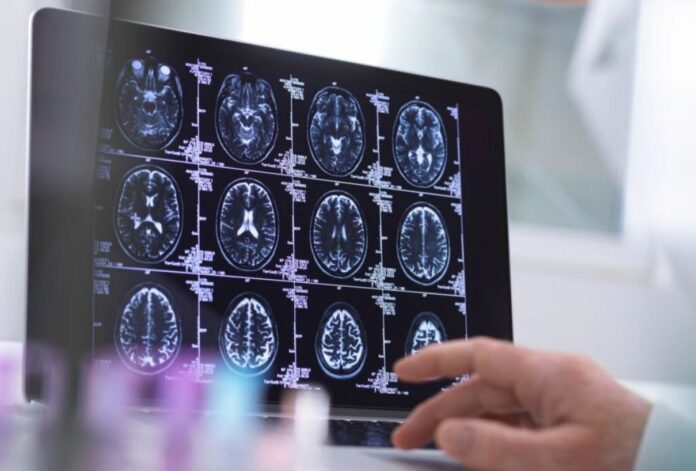When the compound was delivered to the brains of mice with Alzheimer’s disease, it turned down the activity of a protein that is closely linked to the disease. This improved cognitive skills, such as spatial reasoning, as well as brain chemistry related to the disease, like the buildup of amyloid-beta plaques.
Some diseases, such as Alzheimer’s, are now regarded as “undruggable” because typical small-molecule medications cannot interact with the proteins that cause the disorders.
But a new method that targets and breaks apart certain proteins instead of just messing with them may offer a way to treat the disease.
For the first time, researchers reported in ACS Central Science have created a drug that specifically targets and degrades a posttranslationally modified protein that is deeply intertwined to Alzheimer’s disease.
Targeted protein degradation (TPD) has been investigated as a method for targeting proteins that are resistant to inhibition and other traditional approaches.
While these degraders have initially showed some promise, things may get challenging if the proteins undergo “post-processing,” also known as posttranslational modifications.
This kind of protein has not yet been able to be targeted by any TPD method.
p38, which is engaged in several cellular signaling pathways and is associated with the development of Alzheimer’s disease, is a protein whose degradation would be especially favorable.
Prior efforts to treat the condition by concentrating on p38, including a therapeutic candidate that through two stages of clinical trials, were plagued with off-target effects and poor success.
p38 undergoes posttranslational changes, including phosphorylation, to create p-p38, as do many other proteins. This activates the protein and modifies its structure by adding a phosphate group.
By focusing instead on this form, the therapy might be rendered more targeted. Thus, Nam-Jung Kim, Kyung-Soo Inn, Jong Kil Lee, and colleagues aimed to construct a protein degrader for the first time that could target and degrade p-p38 and give a viable new treatment for Alzheimer’s disease.
The team looked for compounds that only affected p-p38. Eventually, they found PRZ-18002, which only affected p-p38 and not other proteins or its inactive form.
When tested against 96 other protein kinases with comparable structures to p38, PRZ-18002 showed no loss of selectivity.
When the compound was put into the brains of mice with Alzheimer’s disease, it turned off the p38 pathway. This improved cognitive skills, such as spatial reasoning, and changed the way the brain chemistry was affected by the disease, such as the buildup of amyloid-beta plaques.
Scientists believe their discovery may one day lead to a breakthrough therapy for Alzheimer’s disease and pave the way for the treatment of other illnesses where modified proteins are involved.
Source: 10.1021/acscentsci.2c01369
